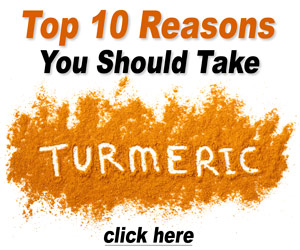Drug, Food, and Supplement Interactions with Biotin

There are no reports of toxicity from biotin, and oral supplementation is well-tolerated at even very high doses. In people with genetic disorders that cause biotin deficiency, doses as high as 200 mg/day have been given without adverse side effects. Long-term, high-dosage biotin supplementation (5 mg/day for two years) has been reported as well-tolerated with no toxicities.5
However, some drugs, supplements, and other substances can interact with biotin. These include:
Alpha Lipoic Acid
Since both biotin and alpha lipoic acid are absorbed and metabolized in the body along the same pathways, long term use of alpha lipoic acid could result in low biotin levels. Experts recommend supplementing with 2-4 mg/day of biotin if you're taking alpha lipoic acid for conditions such as high blood pressure.65, 68
Antibiotics
Long-term use of antibiotics (such as tetracycline and sulfa) can reduce biotin levels. That's because most of your biotin comes from the beneficial bacteria in your intestines, which antibiotics kill. It is unlikely to cause biotin deficiency, however, since studies show bacteria only contributes about 20% of biotin in the body.1, 69-71
While antibiotic reduction in bacteria like acidophilus and bifidobacteria may not result in biotin deficiency, prolonged lower levels of biotin in the intestines suppresses the immune system. One of biotin's functions is as an immune booster that inhibits and controls Candida (a yeast) in the bowel. Insufficient biotin creates an environment where an aggressive form of the yeast Candida can take root, penetrating the intestinal wall and spreading into the bloodstream.72
Anticonvulsant Drugs
Certain anticonvulsant medications used to treat epilepsy have been shown to reduce levels of biotin in the blood. These include:1, 73
Similar pharmaceutical compounds may cause the same side effect (e.g., Trileptal®).1
However, clinical studies show that biotin supplementation can counteract these biotin-depleting side effects.1, 73
Food
The avidin in raw egg white binds to biotin and can block its absorption from the intestines and cause biotin deficiency. However, you would have to consume a lot of raw eggs for that to happen - two or more a day for several months. Cooked egg white does not present a problem since heat denatures avidin and prevents the binding mechanism.1
Pantothenic Acid
Biotin enhances the effectiveness of some nutrients, such as pantothenic acid. This occurs despite the fact that both B vitamins are broken down and absorbed along the same metabolic pathways.65, 74
There has been one report (from 2001) of a serious health problem that occurred in a woman who took the combination 10 mg biotin and 300 mg/day of pantothenic acid (vitamin B5) daily for two months. The 76-year old woman was hospitalized for chest pain and difficulty breathing, where it was discovered she had
The patient had no known allergies or other reported illnesses, and numerous tests ruled out infections, malignancy, or other potential causes. When the vitamin usage was stopped the patient's condition improved. However, it is unknown whether the condition was solely related to biotin.75
Saccharin
A common sugar substitute, saccharin reportedly may reduce availability of biotin.71
Tobacco Smoke
Smoking cigarettes increases how fast biotin breaks down in the body, which can lead to biotin deficiency in women.76



